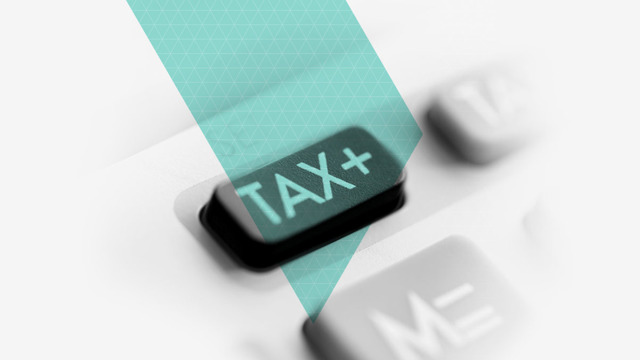Earlier today the National Party released their 'Back Pocket Boost' Election Tax Plan, which intends to provide tax relief for the 'squeezed middle class'. Their $14.6 billion tax cut policy will be paid through roughly $8.4 billion in cuts and $6.2 billion in revenue increases, with an effort to reduce Government spending and contractor and consultant spending.
One of the major changes announced by National is their proposal to fully restore interest deductibility for rental properties, with full interest deductibility in place by April 2026.
Further to this, the Brightline test for rental properties will be pared back from the existing ten years rule to two years by July 2024, meaning properties acquired before July 2022 will not be subject to the Brightline test at sale. However, National will be removing the tax break for depreciation of commercial buildings, a measure introduced under the Labour Government following Covid-19.
National will also introduce a new 15% foreign buyer tax for purchases of homes valued at or above $2 million by people who do not hold a resident class visa in New Zealand, with the current foreign buyer ban remaining in place for homes valued at less than $2 million. National intend to have a carve out to this rule for Australian and Singaporean citizens to align with the fact citizens from those jurisdictions are not subject to the current foreign buyer ban.
Another new initiative will be established through the introduction of the Climate Dividend: revenue earned through the Emissions Trading Scheme will be ringfenced and used to provide tax relief to natural persons, rather than being used to subsidise large corporations, with revenue currently unallocated in the Climate Emergency Response Fund being similarly ringfenced. And National have proposed to establish a regulatory regime for online casino gambling to ensure offshore online casino gambling operators are registered and reporting their earnings in New Zealand for tax purposes.
Outside the commercial sphere, the major change proffered by National is their tax bracket adjustments with changes to the threshold amounts for the marginal tax rates. While the middle class threshold rates are changing, National has ruled out removing the 39% top tax rate on income of $180,000 or more in their first term.
| Tax Threshold Adjustments | ||
| Existing threshold | Proposed threshold | Threshold rate |
| $14,000 | $15,600 | 17.50% |
| $48,000 | $53,500 | 30% |
| $70,000 | $78,100 | 33% |
Further to this, National intends to increase after-tax pay through expanding specific tax credits and introducing a new tax credit:
- The upper limit of eligibility for the Independent Earner Tax Credit will be increased from $48,000 to $70,000;
- The Working for Families tax credit will increase by $25 a week; and
- The new FamilyBoost childcare tax credit will provide a 25% rebate for childcare costs (with costs capped at $300 a week) for families earning up to $180,000 a year. The maximum weekly rebate will be reduced for families earning more than $140,000 a year.
Multiple tax mechanisms will be repealed:
- The Labour-led "App Tax" which would see GST imposed on all services provided through digital services, regardless of whether a business-owner meets the $60,000 threshold, will be cancelled;
- The Auckland Regional Fuel Tax will be removed, and there will be no further increases to a fuel tax in National's first term; and
- The Ute Tax will similarly be removed.
Finally National will be increasing visa processing fees and installing a 'user pays' visa processing model from 1 July 2024, meaning that applicants will be required to bear a larger brunt of the fees charged for applications (although there will be no increase on visa applications originating from the Pacific Islands), with the introduction of a new priority processing fee to fall in line with countries such as England and Australia.



